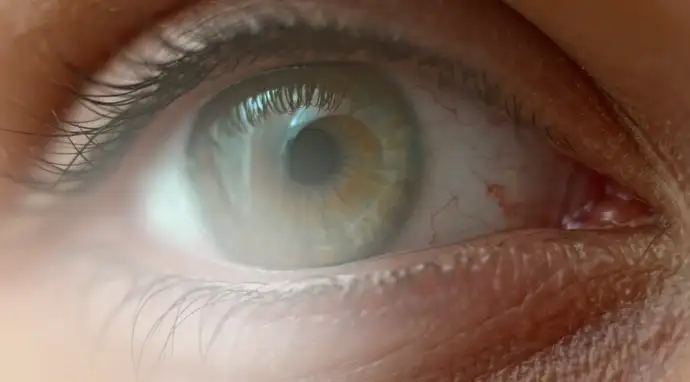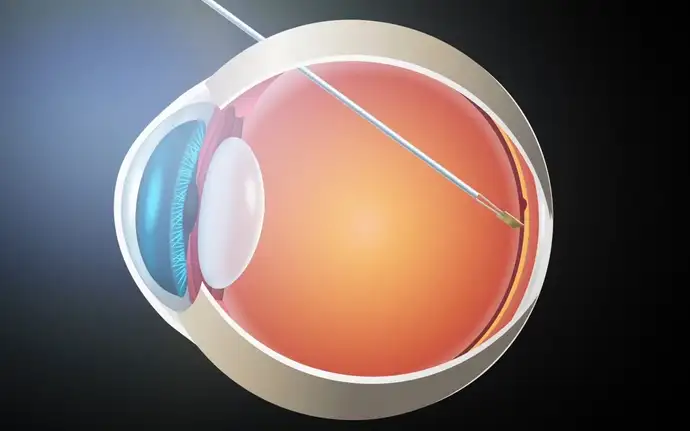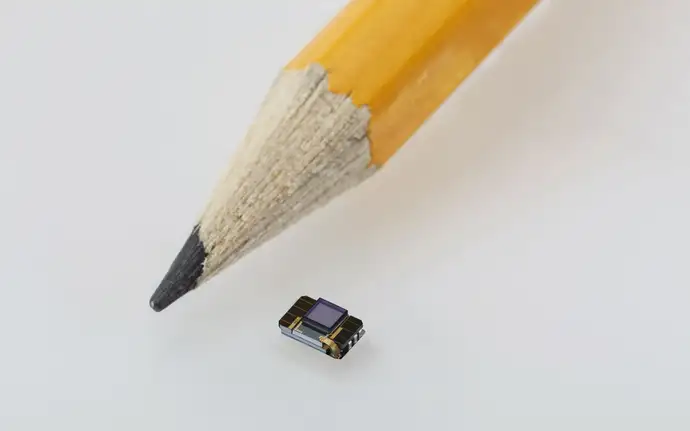Meet Nano Retina: Giving the gift of sight
It may be small in size, but the retina is one of the most miraculous parts of the human body. Just 0.5 mm thick, the retina contains over six million cones, incredibly efficient photoreceptors that sense color, fine detail and rapid movement, as well as 120 million rods enabling nighttime and peripheral vision. The retina is responsible for translating a focused image into a series of electrical impulses transmitted via the optic nerve to the brain to create one of the most important senses in human life: vision.
However, what happens when the retina degenerates or is damaged? For millions of people, contracting retinal degenerative diseases such as macular degeneration or retinitis pigmentosa often means severe loss of sight – blurred or tunnel vision that eventually leads to blindness. Pioneering work by Nano Retina now offers hope. The Israeli nanotechnology company developed a retinal implant in a size of less than 5 millimeters, which is inserted inside the eye through a low-risk surgical procedure and works with a set of eyeglasses worn by the patient.

A promising development
Nano Retina has been working on its NR600 retinal implant for the past seven years. Developing the technology required not only rapid detection of changing images, but also the conversion of those images into electrical pulses that stimulate the nerve cells and send electrical signals to the brain. “While we had the technology, we required an innovative solution for sealing the implant to protect it inside the human body. We were looking for something beyond traditional sealing approaches,” explains Rani Mendelewicz, Nano Retina’s Vice President of R&D.
This is where SCHOTT Primoceler’s expertise came into action. The Finland-based team worked with Nano Retina since the beginning of the project to encapsulate the retinal implant. Based on an extremely precise laser, the unique Glass Micro Bonding sealing technology hermetically seals glass-to-glass. It functions without the need for any adhesive or additive materials while only melting the cross section of just a few microns where the glass meets.

This high precision technology enables extreme miniaturization, which is a must for such small implants. “As the bonding method produces a clear seal of only 20-100 microns thick, it was ideal for our miniature NR600 device,” says Mendelewicz. Another key requirement was that the implant’s small and heat-sensitive electronic components are protected throughout the process. While some traditional sealing methods heat the entire device and could potentially damage the implant, Glass Micro Bonding only heats a specific miniscule area. This allows for the device’s heat-sensitive electronics to remain at room temperature throughout the process.
“SCHOTT Primoceler’s unique technology played a key role in the realization of the NR600 miniature implant,” adds Mendelewicz. “Together, we were able to complete the development of an extremely strong, biocompatible, and hermetic device that will change the lives of visually impaired patients and their families around the world.”

The freedom of seeing
The first human trials of the NR600 Artificial Retina Device began in 2020 in Europe with remarkable results. Previously blind patients fitted with the device have seen images for the first time in years – a life-changing event that has stunning repercussions not only for the patients, but for the entire medical industry.
“I have been an ophthalmologist for over 20 years and I have never witnessed anything like this,” explains Professor Peter Stalmans, one of Europe’s leading retinal specialists who performed the trial implantation of the device. “It’s incredible to witness when a patient who had been completely in the dark for five years was able to immediately report seeing an image in the center of her visual field when the device was activated.”


Contact us
Whether you need more information, samples, a quote, or advice for a project, we would be delighted to talk to you.
